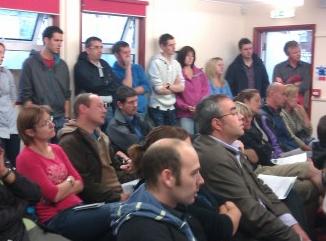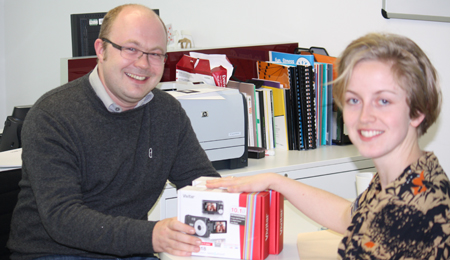I’m very pleased to share a new publication with you today which has been created to showcase what we’re learning through working with the 17 Neighbourhood Challenge projects.
The groups have had an incredibly busy time since the call for ideas back in October 2010, and we have seen a real range of actions taking place across the whole programme since then. Community centres have been refurbished and opened up at The Mill in Walthamstow, Brixham YES in Devon. What is much more than this, these hubs are already becoming local centres of activity where community members themselves have been setting the agenda for how things work, and how to inspire new people to develop, design and lead their own local projects.
A real variety of methods to galvanise action have been put into play, demonstrating a range of locally tailored approaches, from testing challenge prizes at Coopers Edge in Gloucestershire, to Community Organising in Brent, Newark and Manchester, and social entrepeneurship in Bradford and Bolton. We have also seen many groups take up an Asset Based Community Development (Strengths-based) approach as their own learning progresses, with Merseyside and Surrey Community Foundations using this approach, and Shiregreen in Sheffield.
It is already clear that community organisations and the people they work with have much to teach us about how to access existing potential within neighbourhoods in a tailored way that works best for their area – after all, they are the ones most able to understand, engage, and mobilise untapped local assets and social networks. We are also discovering some very important lessons for funders and support agencies about what they can do to help communities work in this locally tailored, flexible way by considering what they can do to create the right conditions for more bottom-up, innovative behaviours to flourish.
Much of the work being done through the programme relies on a shift in attitude and behaviour rather than simply applying a new method or using a toolkit. The question is not just about what tools are being used, but how they are being applied on the ground, and by whom. Local, enabling, conditions are crucial to the development of the projects, and this is one area we think funders of all kinds can make a big difference through changing their own behaviours and approaches too.
Check out the latest paper for more information on the latest learning, and if you want a reminder on each of the 17 projects methods, see theoriginal programme paper which describes each project in detail.








